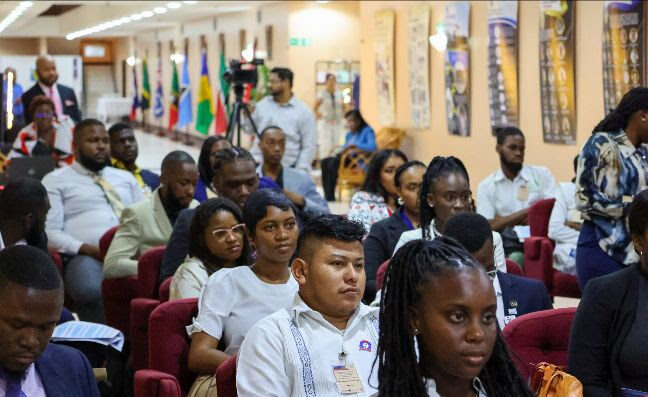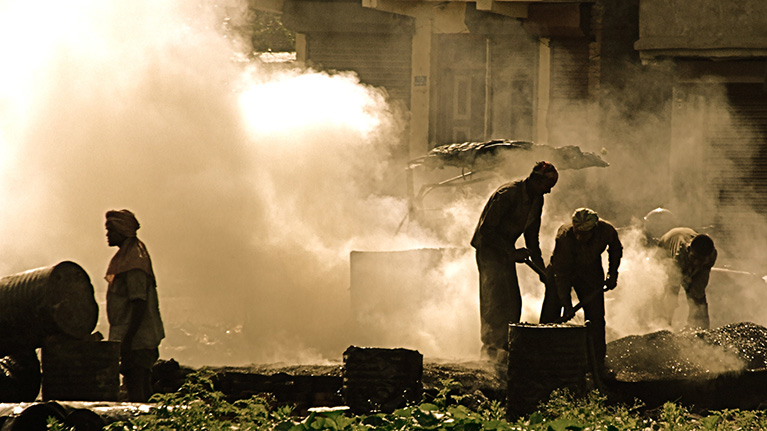KINGSTOWN, St. Vincent, Sept. 16, 2014, CNS – The Caribbean needs to “adopt a risk-based approach” as it deals with the effects of climate change.
Director of the School of Earth and Environmental Sciences at the University of Guyana Dr. Paulette Bynoe told Caribbean News Service (CNS) that resilience building is important and the region needs to reduce the risk of disaster as well as have the ability to “spring back from” a shock.
She said it cannot be “business as usual” and there need to be a shift in our culture from “reactive management to proactive management” and data is needed for informed decision making.
Outlining some of the steps the region can take to reduce disaster risk, Byone said there needs to be public awareness, education and training, formal and non-formal; also tailoring of the knowledge product to suit the targeted audience.
She also listed better land use planning and zoning, implementation of structural measures, lessening vulnerability of people and property, wise management of land and the environment, improving preparedness and early warning for adverse events and mainstreaming climate change and disaster risk reduction in development planning.
We need to “Develop national coordination mechanism to integrate disaster risk reduction and climate change adaptation,” Bynoe said, adding that this should involve governments, private sector, professionals, every part of society.”
Bynoe is dozens of resource persons and media representatives gathered here for the Organisation of Eastern Caribbean States (OECS) fourth climate change seminar, which is to focus on ‘Approaches to Managing Disaster Risks and Building Resilience.’
The seminar will take place at the National Insurance Scheme Conference Room in Kingstown, St Vincent from Sept. 16-18, 2014 and St Vincent and the Grenadines Prime Minister Ralph Gonsalves is scheduled to deliver the feature address at tonight’s opening before an estimated 100 guests from across the Region.
The subject of natural disasters and how climate change might be exacerbating its intensity and frequency is a very delicate and complex one and the OECS said St Vincent, having experienced several recent unexpected severe events, befits the perfect environment to hold this fourth climate change seminar.
Continuing scientific research suggests that climate change and climate variability trends are expected to worsen in the coming years and some of the projected impacts will not only negatively impact the region’s main economic sectors, but is also expected to facilitate the spread of new health epidemics from vector-borne diseases. Gonsalves is expected to articulate these issues during his feature address.
The seminar is being held as part of the OECS/USAID RRACC Project – a five-year developmental project which was launched in 2011 to assist OECS governments with building resilience through the implementation of climate change adaptation measures.
Specifically, RRACC will build an enabling environment in support of policies and laws to reduce vulnerability; address information gaps that constrain issues related to climate vulnerabilities; make interventions in freshwater and coastal management to build resilience; increase awareness on issues related to climate change and improve capacities for climate change adaptation.
CNS/ml/2014



